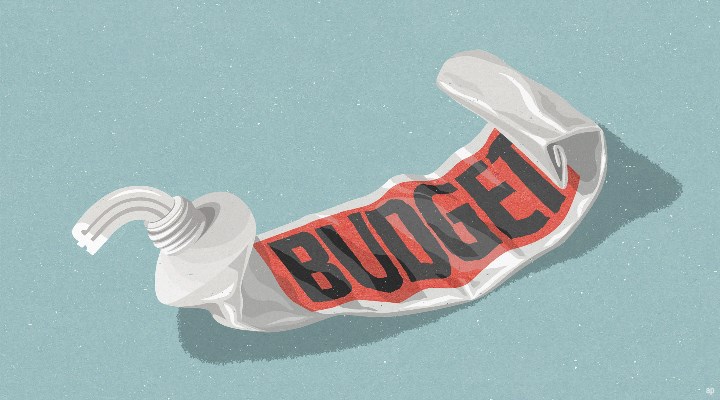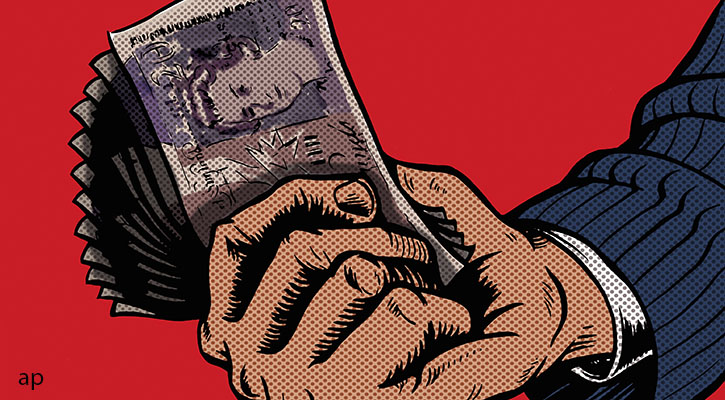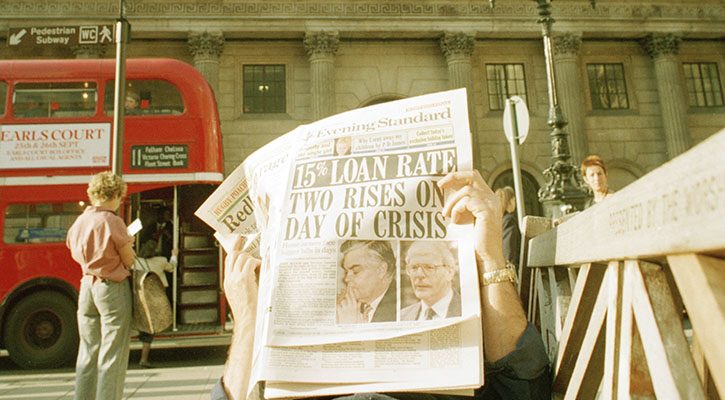
One of the biggest uncertainties facing the UK economy as we head into autumn is how high inflation will get. A new report from investment bank Citigroup will have policymakers feeling more on edge though. Its economists have forecast inflation hitting 18% in 2023, much higher than official forecasts.
Energy prices are going to the main driver, according to the company, with the consumer prices index (CPI) reaching 18% in early 2023 and the retail prices index – which links to student loans and train tickets – will hit 21%. Inflation broke through 10% last week.
This week energy customers are braced for yet more bad news from the regulator. The Ofgem price cap, which holds back energy prices, is to be lifted again in October and the precise amount will be announced this week. The current cap is £1,971, which rose 54% in April, and Citigroup forecasts that this will rise to £3,717 in the autumn – an increase of 88%. Other energy analysts are predicting another rise in January to above £4,000, with the potential to rise even further by the spring.
Energy prices across Europe are being driven by external factors, specifically the Ukraine war, and there are already measures in place in countries like Germany to manage demand ahead of the coming winter.
Raising the Bar
In August the Bank of England forecast that CPI would break through 13% this year before falling back to the 2% target. But this was an upwards revision from the 10% peak it predicted in May. "Inflationary pressures have intensified significantly", it said in response, and primarily because of the external energy shock.
Quarterly revisions to the peak are leading commentators to expect a higher bar in subsequent meetings. The next monetary policy report, in which the Bank forecasts inflation and economic growth, is due on 3 November.
The Bank is playing catch-up with the rising cost of living – it pushed up interest rates from 1.25% to 1.75% in its last meeting. Citigroup are forecasting that rates will hit 3% by the end of the year.
Conservative party leadership candidates have been repeatedly quizzed about what they plan to do about the cost-of-living crisis. The focus remains on tax cuts rather than "handouts," at least by PM frontrunner Liz Truss, but the government will come under pressure to help struggling households in the coming months and years – not least because the economy is expected to fall into recession by the end of 2022.
In May, then-chancellor, Rishi Sunak introduced a range of measures to alleviate the impact of surging costs. Means-tested payments will be made to lower income households, as well as additional payments to pensioners and those on disability benefits. All households will receive a £400 rebate from their energy providers in October.
For more on inflation, see our dedicated page.




























